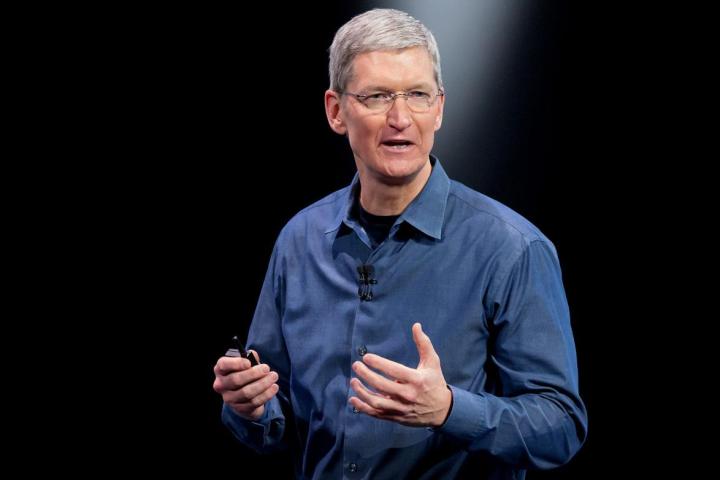
The money spent on Cook’s security last year was spotted by Patently Apple in Apple’s Schedule 14A filing with the U.S. Securities and Exchange Commission (SEC) on March 10. In that form was this detail for $774,176 in “All Other Compensation” for Cook in 2014:
“This amount represents: (i) the Company’s contributions to Mr. Cook’s account under its 401(k) plan in the amount of $15,600; (ii) Company-paid term life insurance premiums in the amount of $2,520; (iii) vacation cash-out in the amount of $56,923; and (iv) security expenses in the amount of $699,133.”
Later in the filing, Apple stated that it “provides home and personal security for Mr. Cook because his personal safety and security are of the utmost importance to the Company and its shareholders. The Company considers the security measures to be a reasonable and necessary expense for the benefit of the Company.”
When compared with security expenses for other large corporations with prominent CEOs, Apple’s spending on Cook isn’t remarkable. In 2014, Amazon spent $1.6 million on security for CEO Jeff Bezos, Oracle spent $1.5 million on security for former CEO Larry Ellison, and Disney spent $584,075 on security for CEO Bob Iger, Gizmodo points out.


